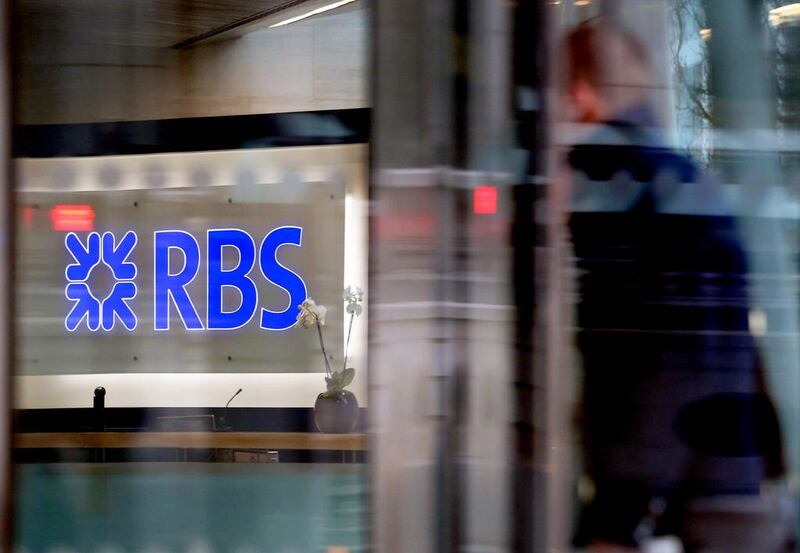I can make only one confident prediction for 2014: that this column could come back to haunt me.
Economics, for all the claims of economists, is very far from being an exact science, and no forecast is completely guaranteed. When you throw in the political vagaries and personal power-plays of the business world, accurate forecasting becomes very difficult.
I found this out in the course of 2013. A year ago, I made four predictions of events I believed would happen in the regional business world in 2013.
My success rate is less than 100 per cent, but actually not that bad. Here’s a recap:
First, I said that there would be a settlement in the region’s longest-running financial stand-off – the confrontation between the Al Gosaibi family and businessman Maan Al Sanea.
This saga, running since 2009, has proved more difficult to resolve than I expected. The appointment of Simon Charlton as the restructuring officer of Al Gosaibi makes a solution more likely in the long run. But it didn’t happen in 2013. I was wrong.
My second prediction was that Royal Bank of Scotland and three other banks would quietly drop an embarrassing legal action against Dubai Holding over the terms of the debt restructuring. The action was quietly allowed to wither away later in the year. I was right.
The third glimpse into the crystal ball also proved correct. I said that more UAE companies would choose to list shares in London. In the course of 2013, Al Noor Hospitals and the property developer Damac both chose the London Stock Exchange to issue tradeable securities, raising more than US$700 million in the process.
My final prediction last time was a carefully worded prognosis that “there will be further progress towards consolidation of UAE stock exchanges”.
I must admit I thought back then that 2013 would see the final unification of the Abu Dhabi Securities Exchange and the Dubai Financial Market, but no deal has yet been signed. However, the appointment of advising investment banks in the autumn to counsel the authorities on a merger certainly represents “progress”, and a final deal to clinch the consolidation gets nearer by the day. I count that as 50 per cent correct.
So, with a success rate last time of 62.5 per cent, here are my four forecasts for 2014:
1 Dubai International Capital will sell one of its three big European assets in the course of the year. DIC has been unwinding fund positions and selling regional assets as part of the long-term plan to maximise the return to the shareholder, but 2014 will see the disposal – at a healthy valuation – of one of the “jewels in the crown”: the German packaging group Mauser, the British engineer Doncasters, and Almatis, also of Germany. There is even a chance all three will be gone very soon.
2 Shuaa Capital will report an annual profit for the first time in five years. The firm, once one of the leaders of the regional investment banking scene but badly hit by the crisis, has taken bold steps to restructure, under Sheikh Maktoum Hasher Al Maktoum. It was back in the black in two quarters of 2013, and looks likely to turn in a modest but significant profit this year.
3 Dubai’s debt restructuring will continue apace, freeing up financial capacity ahead of the Expo 2020 show. The biggest item on the emirate’s financial “to do” list in 2014 is the maturity of $20 billion of debts to Abu Dhabi institutions taken out at the height of the financial crisis in 2009-2010. An equable solution will be found for that sizeable lump sum, leaving plenty of scope for the remaining debts. Dubai World will continue to sell assets at decent valuations as part of its contribution to overall debt reduction. The bill to be repaid by 2017 stands at $85bn.
4 By the end of 2014, Abu Dhabi will have the foundations in place for a powerful financial marketplace, in the shape of the Abu Dhabi Global Market. Preparations for the ADGM have been making steady progress since it was decreed into existence last February. The global search for top-notch executives is going well. This will be one of the big themes of UAE business in the coming year.
If 2014 comes to pass as I predict, remember you read it here first; if not, remember the words of the American comedian Jackie Mason: “Predictions are preposterous.”





